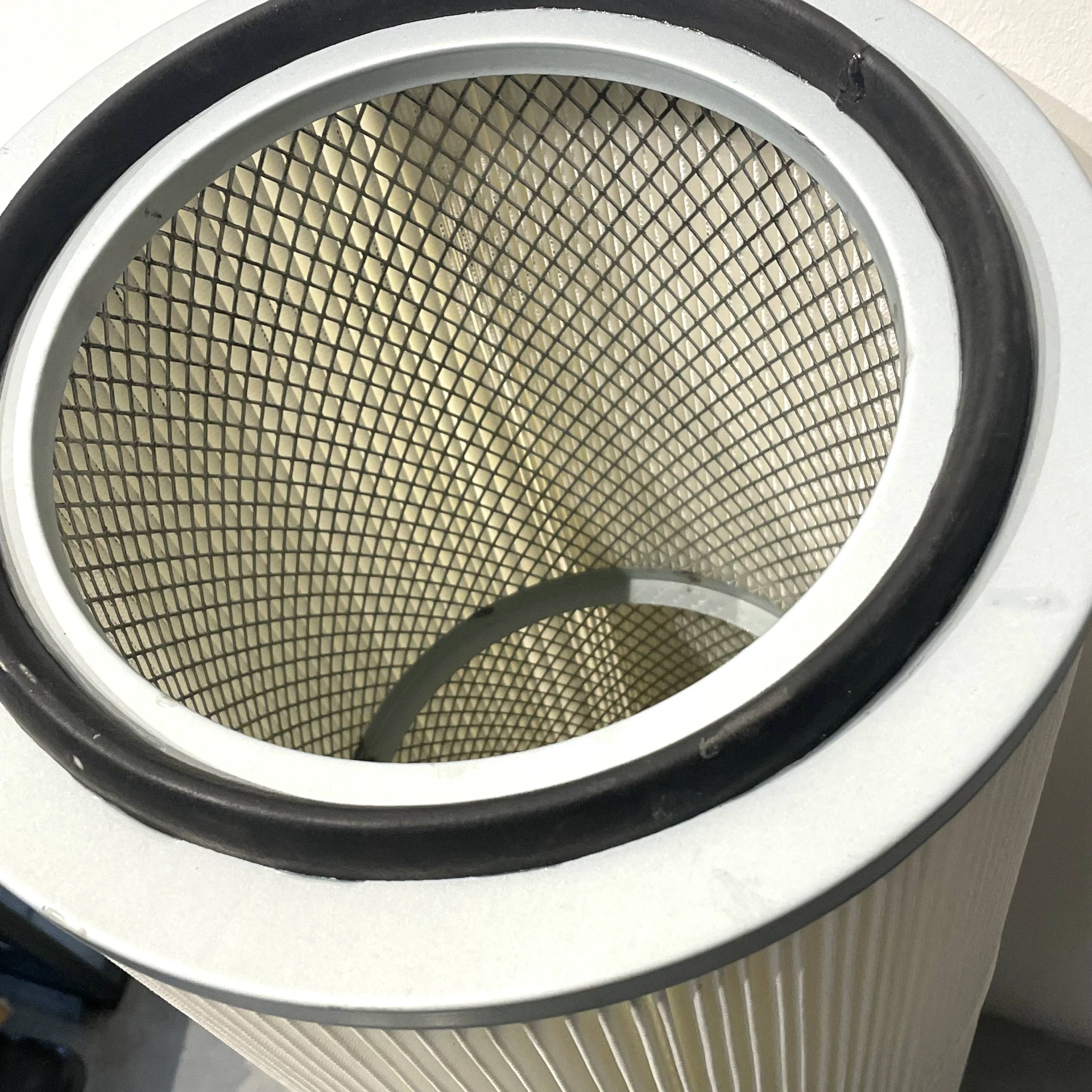 Tel:
+8615930870079
Tel:
+8615930870079
نوفمبر . 07, 2024 20:55 Back to list
Durable Stainless Steel Filter Elements for Enhanced Filtration Efficiency and Longevity
The Importance of Stainless Steel Filter Elements in Modern Filtration Systems
In today's industrial landscape, the demand for efficient and reliable filtration systems has never been more critical. Filtration processes are essential across various sectors, from pharmaceuticals and food processing to petrochemicals and wastewater management. Achieving high levels of purity and efficiency in these processes often depends on the choice of filter elements. Among the most popular and effective options available today are stainless steel filter elements. This article explores the significance, advantages, and applications of stainless steel filter elements in modern filtration systems.
What are Stainless Steel Filter Elements?
Stainless steel filter elements are components used in filters to remove impurities and particulate matter from liquids and gases. Constructed from corrosion-resistant stainless steel, these filter elements provide a durable and effective means of ensuring the integrity of products and processes. Their design can vary significantly, including options such as pleated, cylindrical, and wedge wire filters, depending on the specific application.
Advantages of Stainless Steel Filter Elements
1. Corrosion Resistance One of the most significant advantages of stainless steel is its resistance to corrosion. Unlike traditional carbon steel, stainless steel can withstand harsh chemical environments, including acidic and alkaline substances. This property ensures a longer service life for filter elements, reducing the frequency and cost of replacements.
2. Thermal Stability Stainless steel filter elements can tolerate high temperatures, making them suitable for applications where other materials might fail. This thermal stability is particularly beneficial in industries such as petrochemicals and power generation, where processes often involve extreme heat.
3. Reusable and Cleanable Unlike disposable filters made from paper or fabric, stainless steel filter elements are reusable and can be cleaned easily. This feature not only promotes sustainability by reducing waste but also allows for the maintenance of filter performance over time. Cleaning methods can involve backwashing, ultrasonic cleaning, or chemical cleaning, depending on the level of fouling.
4. High Filtration Efficiency Stainless steel filter elements can achieve high levels of filtration efficiency. With options to customize the pore size, they can effectively remove particles ranging from large debris to microscopic contaminants. This versatility is crucial for industries that require stringent purity standards.
5. Strength and Durability The robust construction of stainless steel filter elements ensures that they can withstand high pressures and turbulent flows without damage. This strength is essential in many industrial processes where filters may experience sudden spikes in pressure or flow rate.
stainless steel filter element

Applications of Stainless Steel Filter Elements
Stainless steel filter elements find diverse applications across many industries
- Pharmaceuticals In the pharmaceutical industry, filtration is crucial for ensuring product purity and compliance with regulatory standards. Stainless steel filter elements help in the production of sterile products, preventing contamination during manufacturing.
- Food and Beverage Filtration in the food and beverage sector is essential to guarantee safety and quality. Stainless steel filters can be used to remove unwanted particles from liquids, such as juices, wines, and oils, without affecting the product’s flavor or quality.
- Oil and Gas In the oil and gas industry, stainless steel filter elements are used in various applications, including wellhead filtration and refinery processes. Their ability to withstand harsh conditions makes them ideal for separating water, sediment, and other impurities from crude oil and gas.
- Water Treatment Water filtration plants utilize stainless steel filter elements for treating wastewater and producing potable water. Their resistance to corrosion and ability to handle large volumes make them suitable for continuous operation in challenging environments.
- Manufacturing In manufacturing processes, stainless steel filters can be employed to protect equipment and enhance product quality by eliminating contaminants from coolants, lubricants, and other fluids.
Conclusion
Stainless steel filter elements play a vital role in the efficiency and effectiveness of various filtration systems across multiple industries. Their unique combination of corrosion resistance, thermal stability, durability, and reusability makes them an excellent choice for applications requiring high-performance filtration solutions. As industries continue to evolve and the demand for cleaner processes and products increases, the use of stainless steel filter elements will likely become even more prevalent, highlighting their importance in modern filtration technology. By investing in quality filtration systems featuring stainless steel elements, businesses can ensure the integrity of their operations while contributing to a more sustainable future.
-
Nano Fiber Technology: Revolutionizing Cartridge Dust Collector FiltersNewsAug.06,2025
-
How Activated Carbon Air Cartridges Eliminate OdorsNewsAug.06,2025
-
Dust Filter Cartridge Handling Fine Particulate MatterNewsAug.06,2025
-
Cartridge Dust Collector Filter for Welding Fume ExtractionNewsAug.06,2025
-
Activated Carbon Filter Cartridge Effectiveness Against VOCsNewsAug.06,2025
-
Activated Carbon Air Filter Cartridge Benefits ExplainedNewsAug.06,2025

 Email:
Email:





